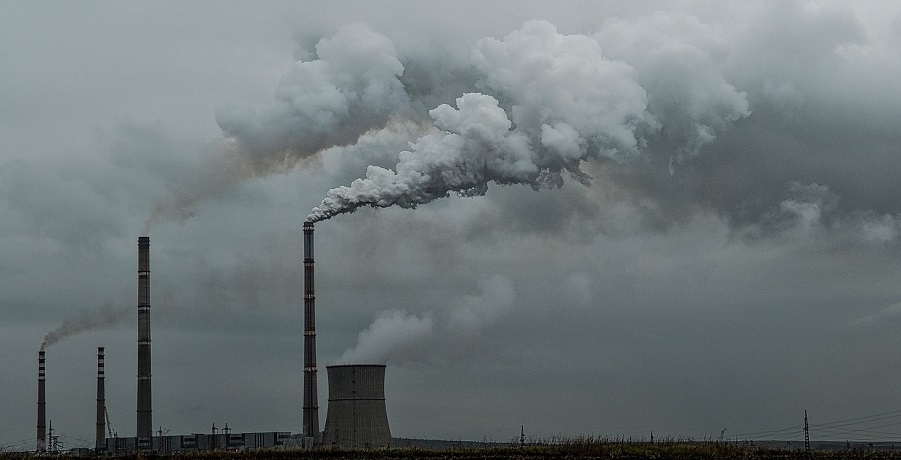
Oil company net zero targets may not be as they claim, says study
May 19, 2020An independent analysis of six large organizations shows substantial progress, but not what they seem.
Oil and gas companies have been making efforts to shrink their carbon emissions to align with net zero targets, but while progress is being made, a new independent review suggests that results are overstated.
The independent analysis examined the CO2 emissions reductions of six large European corporations.
Many oil and gas companies have been taking steps to drastically shrink their carbon emissions. For instance, last month, Shell became the most recent to unveil its aggressive plans for achieving its net zero targets by 2050.
However, the authors of the report on the analysis say that none of the companies they analyzed had managed to align their efforts with the 1.5C temperature goal. That goal is the figure identified by scientists as the global temperature threshold that must not be crossed by the close of the century to avoid the worst worldwide impacts of climate change.
Transition Pathway Initiative (TPI) researchers investigate how companies are progressing with their preparations toward a reduced-carbon economy. It is an investor-led group examining how firms are preparing and acting for a low-carbon future. Reaching net zero means that as many emissions are being eliminated as they are produced in the company’s operations.
TPI found that the oil and gas industry has made rapid moves toward net zero targets over 3 years.
The last three years have greatly altered the relationship between the oil and gas industry and its position on climate change around the world. For instance, in 2017, not a single European company in this industry had set goals for carbon intensity reduction from the energy it produced. Today, all six major companies in this industry that were assessed by the analysts have established their goals and have created a road map for achieving them.
The report authors underscored that the companies have greatly increased their climate ambitions over the last half year. Bernard Looney, the new BP head, for example, unveiled a new net carbon emissions plan in February, which would bring them to zero by 2050 or sooner.
Unfortunately, according to TPI co-chair Adam Matthews, the net zero targets of these companies aren’t what they need to be. “Is it sufficient? No, it’s not.” He said. “There are ones  that have more comprehensive commitments that put them on a path much closer to two degrees than some of the others.”
that have more comprehensive commitments that put them on a path much closer to two degrees than some of the others.”



 With over 15 years of reporting hydrogen news, we are your premier source for the latest updates and insights in hydrogen and renewable energy.
With over 15 years of reporting hydrogen news, we are your premier source for the latest updates and insights in hydrogen and renewable energy.